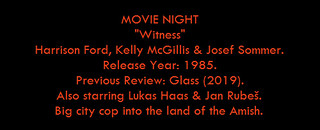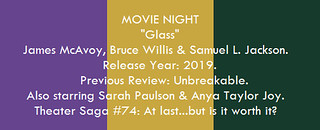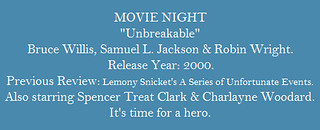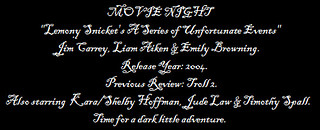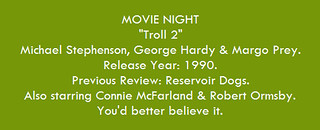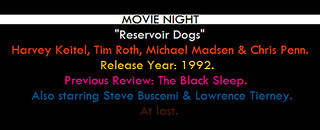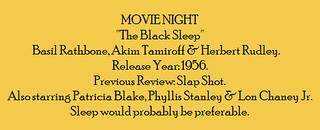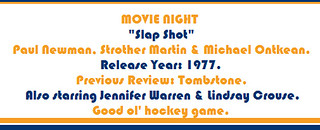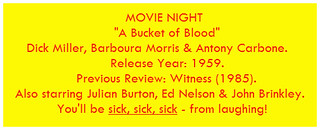
Review #1186: A Bucket of Blood.
Cast:
Dick Miller (Walter Paisley), Barboura Morris (Carla), Antony Carbone (Leonard de Santis), Julian Burton (Maxwell H. Brock), Ed Nelson (Art Lacroix), John Brinkley (Will), John Herman Shaner (Oscar), Judy Bamber (Alice), Myrtle Vail (Mrs. Swickert), and Bert Convy (Lou Raby) Directed by Roger Corman (#368 - The Little Shop of Horrors, #684 - It Conquered the World, #852 - The Terror, #931 - Not of This Earth, #1007 - Attack of the Crab Monsters, #1039 - Five Guns West, #1042 - War of the Satellites, #1136 - Gas-s-s-s, and #1147 - X: The Man with the X-ray Eyes)
Review:
Horror and comedy films are generally entertaining on their own, but mixing the two genres together can certainly invite the possibility of something really interesting, particularly if you have a good set of hands on and behind the camera. Roger Corman and an handy ensemble cast are sure up to the task. Unsurprisingly, the budget and time to shoot for this film was fairly low - $50,000 and five days (shooting under the working title of "The Living Dead"). The sets themselves were leftovers from another AIP film, Diary of a High School Bride (1959). Fittingly, the sets would be re-used for The Little Shop of Horrors the following year. Miller, although he was happy with the story and humor from the finished product, wasn't too happy with the production values, noting the mannequins used for the statues and the fact that they didn't put plaster on him (instead using grey makeup) for the last scene. Corman and screenwriter Charles B. Griffith spent a day drifting around beatnik coffeehouses, using observations of the scene along with ideas and reactions to make the basic story, which in some ways resemble Mystery of the Wax Museum (1933).
In any case, this is a pretty enjoyable little movie, shining fairly well with a good degree of black humor and occasional scares that prove efficient for a 66 minute run-time. Perhaps a longer film might've resulted in the characters being fleshed-out a bit more (or perhaps a bit more emphasis on horror), but the material involving the beatniks is pretty funny anyways, as one might expect from people with a bit of pseudo-intellectualism and offbeat nature. Miller does well making this hapless yet ambitious lead interesting to view the film through - after all, he is basically playing a serial killer (with a calling card, no less), but he manages to have the right kind of presence the film needs to go on. The other cast-mates don't have as much time, but they each do decently with their roles when needed, such Morris and her encouraging nature or Burton and his offbeat poetry. The movie has its limits with money and time, but it manages to carry itself with some dark charm through some magic with silly lines and a game cast that make for a good time. Like with other Roger Corman films, this is certainly one to advise for anyone with a curiosity towards some fun that makes for quite a delight.
Rest in peace to Dick Miller, who died yesterday. He was a noted character actor who appeared in several films over six decades of work - appearing in films such as The Terminator (1984) alongside over a dozen films for Roger Corman.
Overall, I give it 8 out of 10 stars.

